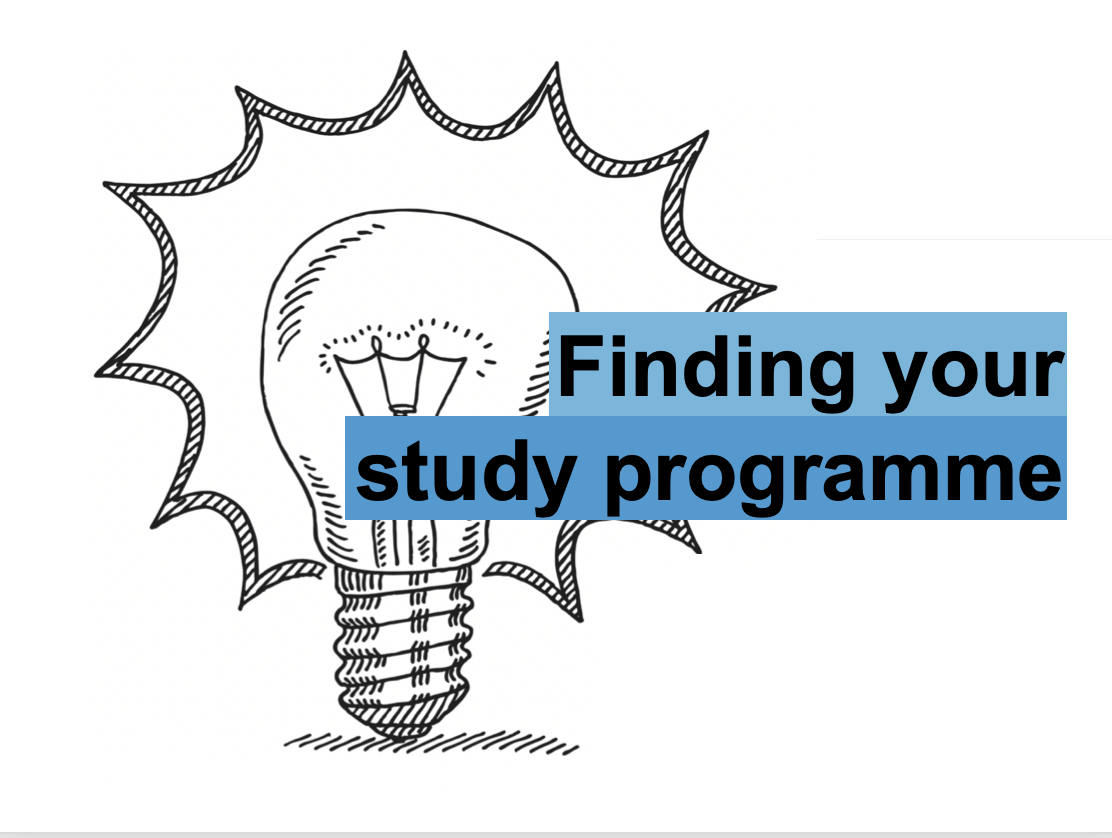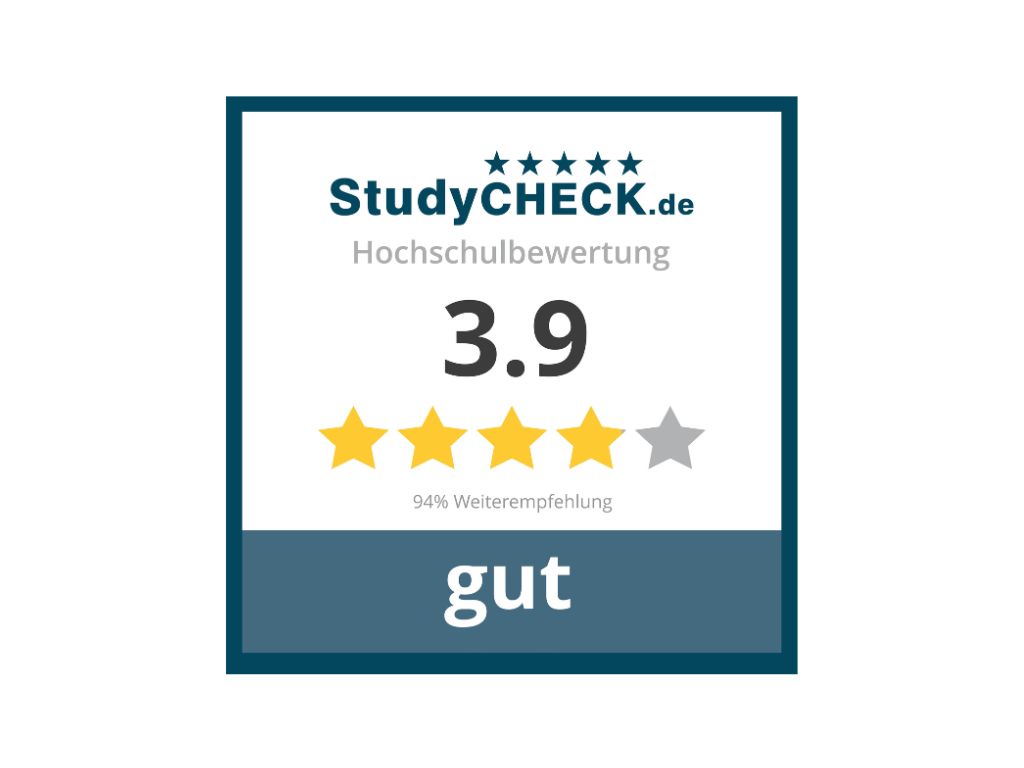
History – Bachelor minor subject
In history at the University of Konstanz you will study the spectrum from antiquity to the Middle Ages and through to modern and contemporary history, but you will be able to set your own areas of emphasis in the early stages. The study programme links epochs with region-specific (e.g. Ancient Near East, Eastern Europe) and thematic (e.g. economic and social history) areas of emphasis. Here, accents may include, for instance, world history, economic history, Eastern European history, the history of science or media history.
Study content
Study structure
Start of study
Winter semester | Summer semester
Study structure
The study programme is based on modules, i.e. there is a variety of modules from which you have to attend a specific number of lectures and seminars accompanied by the corresponding assessments. The first module of the programme is an introduction to science of history. In lectures you will get familiar with the basics of the subject. You then choose 3 modules from the basic modules of ancient history, medieval history, history of the early modern age, and history of the 19th and 20th century, depending on your personal interest. In the advanced module you deepen your knowledge in one of the three basic modules that you previously selected.
A Bachelor of Arts degree in the Humanities typically consists of a major subject (120 credits) and a minor subject (40 credits). You are also required to attend the "Überfachliche berufsorientierte Qualifikationen" (Interdisciplinary career preparation) module (20 credits) and complete an internship. Please click here to find out more about studying for a Bachelor of Arts degree in the Humanities.
These documents will support you in planning your studies:
Opportunities for additional training
At the University of Konstanz, you have a broad range of opportunities and training options that complement your study programme, for example orientation programmes to support new students, learning guidance, language courses, a data and information literacy programme as well as options promoting career-oriented skills and social commitment.
Skills for successful studies- GoMINt – orientation programme in STEM subjects
- Writing Centre – writing tutoring, joint writing sessions and workshops
- Language courses at the Language Institute
- Learning guidance, study tips, time management – workshops offered by the Central Student Advisory Service (ZSB)
- Advanced Data and Information Literacy Track (ADILT) – programme can be completed with a certificate
- Transfer – practical projects (research, business, politics and society)
- qualification N – Sustainability Certificate at the University of Konstanz
- Profil+ – programme for career skills (German skills required)
- Career Passport – programme for career skills (for international students)
- Advice on career entry, opportunities and workshops from Career Service
Impressions from students and lecturers
Hear from students and lecturers
In our interview series, students talk about their subject, teachers explain the department's research and tell you what topics they cover in seminars and lectures.
Get an impression
Discover online lectures and websites with more information about your prospective subject.
Study requirements
Admission requirements for studying
The same general entry requirements apply for the major and minor:
General higher education entrance qualification (Abitur) or equivalent.
Fees
Semester fee
All students enrolled at the University of Konstanz are charged a semester fee each semester, similar to all other German universities. Here you can find the current semester fee and its individual components.
Tuition fees for first degree studies for certain international students
Since winter semester 2017/18, the state of Baden-Württemberg has required some international students to pay tuition fees for their first degree studies. The following students are not required to pay tuition fees: citizens of a country within the European Union (EU) or the European Economic Area (EEA), doctoral students and certain “Bildungsinländer” (e.g. non-EU citizens with a German “Abitur”). More detailed information can be found here.
Each year, the University of Konstanz grants exemptions to a limited number of particularly gifted international degree-seeking students in accordance with the university’s “Begabtenbefreiungssatzung” (statutes governing the exemption of gifted students). More detailed information can be found here.
Tuition fees for second degree studies for all students
All students are required to pay tuition fees for their second degree studies. More detailed information can be found here.
Required language skills
You do not have to proof additional language skills.
Teaching and examination language
The language mainly used in class is German.
Interests and skills
Historical sources form the foundations of the study programme, which means that you will be reading a great deal of material (historical sources and the appropriate research literature). A variety of language skills, especially the ability to read sources and research literature in different languages, are important for your studies. In addition to this, and in view of the many choice options, you need to be able to work independently and in a well-structured way.
Application
Application and application documents
Application documents
During the online application process, you will need to enter various kinds of information (school grades, attendance periods etc.) and upload various PDF documents. Please make sure that you have the relevant documentation ready. This may include:
- your Abitur certificate (German general higher education entrance qualification)
- documentation of any volunteering you may have done (FSJ, FÖJ etc.)
- any documentation about vocational training you may have completed
- any other required documents (medical certificate etc.)
An electronic assistant will guide you through the application process. Required fields are marked by an asterisk (*).
An application is possible during the following period: 07.05. - 15.09. | 29.11. - 15.03.
There may be other deadlines if you are applying for admission to a higher semester (for instance, if you are changing subjects or universities). For more information please consult the
university website
.
Contact
Contact person
The Central Student Advisory Service (ZSB) can help you with general questions about finding the right study programme as well as when you are concerned or unsure about your studies. We will be happy to advise you and support you with a wide range of services .
Central Student Advisory Service (ZSB)
Room: D 409 – 412a
Make an appointment: termin.zsb@uni-konstanz.de
Questions related to the content or organization of the study programme:
Departmental student advisory service
Dr. Agata Nörenberg, Tina Raddatz
Contact persons room E 318
Phone: +49 7531 88-3586
Email: studienberatung.geschichte@uni-konstanz.de
Studying at the University of Excellence Konstanz
With your university entrance qualification in your pocket, the sky is the limit. Get a top education at the University of Konstanz, benefit from outstanding teaching and interdisciplinary exchange on our international campus. Situated on a hilltop overlooking Konstanz with a great view of Lake Constance and the Alps, our nationally and internationally renowned research university has been recognized as a University of Excellence since 2007.
Top ratings in the CHE University Ranking regularly confirm the quality of our study programmes. Take your pick from more than 100 programmes! Our courses are close to research and will perfectly equip you for the future, especially in combination with practice-oriented, socially relevant transfer projects, opportunities for going abroad and qualification programmes that you can complete alongside your studies.







